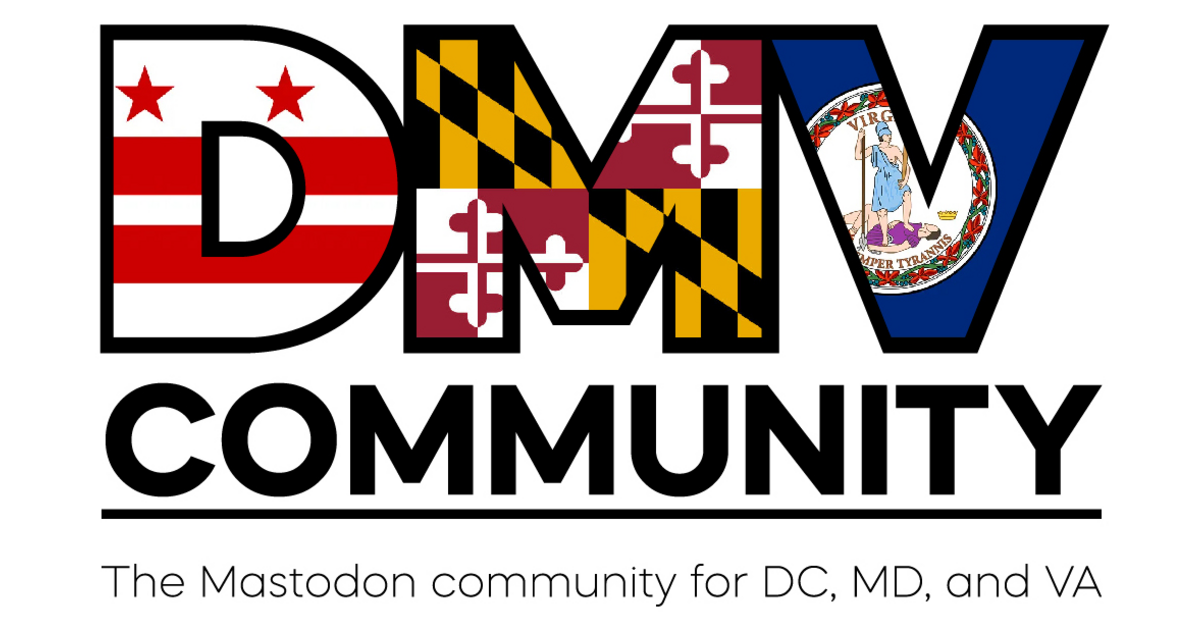I was curious about ZeroNet again today. ZeroNet was a #P2P web project from the 2010s along similar lines to I2P (https://en.wikipedia.org/wiki/I2P) and #Tor hidden services. The idea of hosting dynamic webpages in a completely P2P fashion, like torrents, remains super cool and appealing to me. In fact, at one point the #BitTorrent company had a similar proposal (https://www.bittorrent.com/blog/2014/12/10/project-maelstrom-the-internet-we-build-next/).
The ZeroNet website (https://zeronet.io/) is still up, but the project hasn't been updated in five years as per the GitHub repo (https://github.com/HelloZeroNet/ZeroNet). Someone was maintaining a fork at some point, and at other times I heard that ZeroNet was (now?) insecure, although I know no details. Certainly anything P2P isn't anonymous by default.
I found this question (https://github.com/HelloZeroNet/ZeroNet/issues/2749) about the creator of ZeroNet. Disturbingly, this article (https://www.newsbtc.com/news/sam-maloney-creator-of-morphis-and-dpush-shot-dead-by-london-police/) about a different developer killed by the police under unusual circumstances was shared.
My impression was that ZeroNet actually worked (works?) to some extent. Why aren't projects like this being funded? We need censorship-resistant ways of communicating online, after all.





